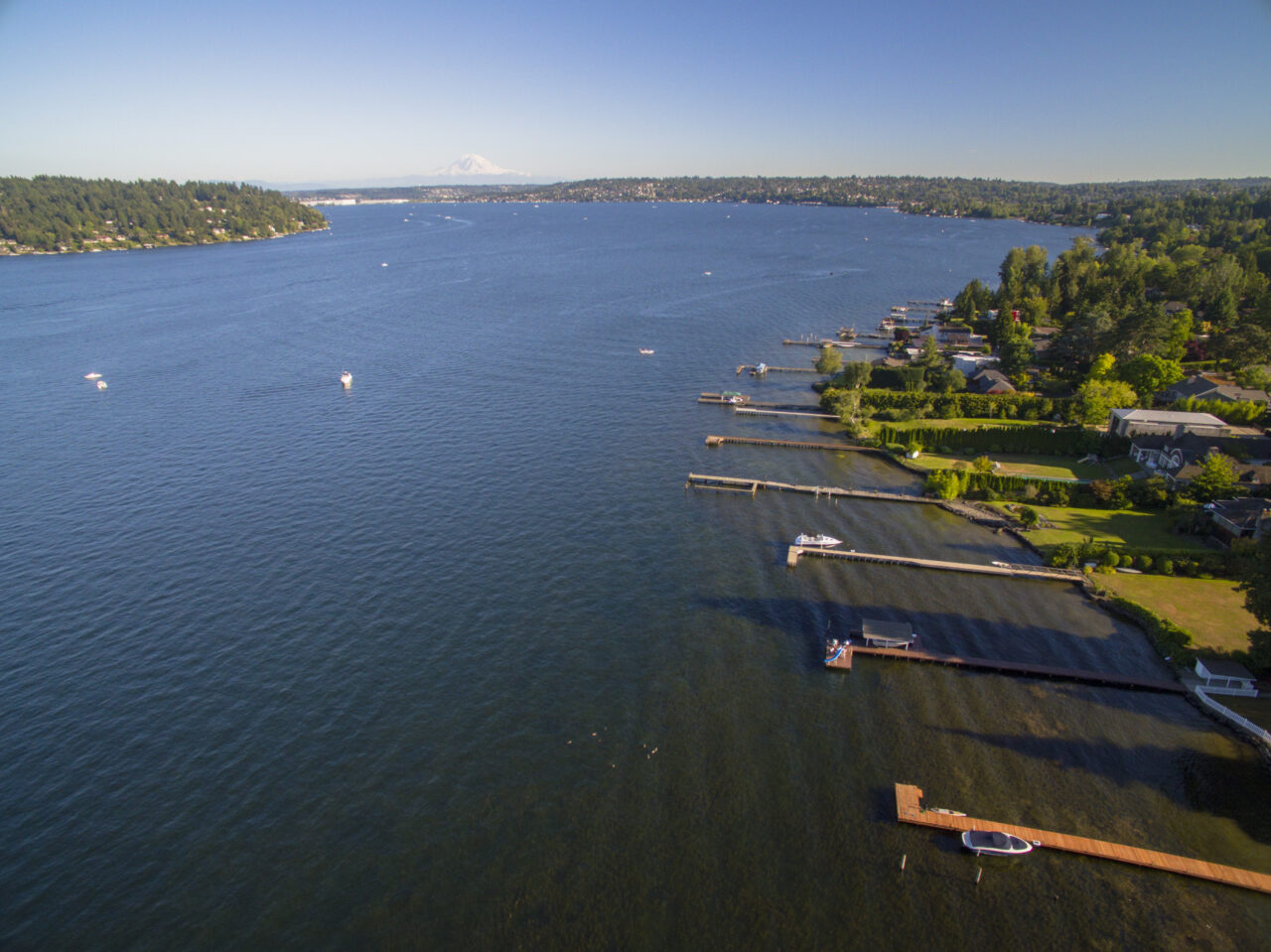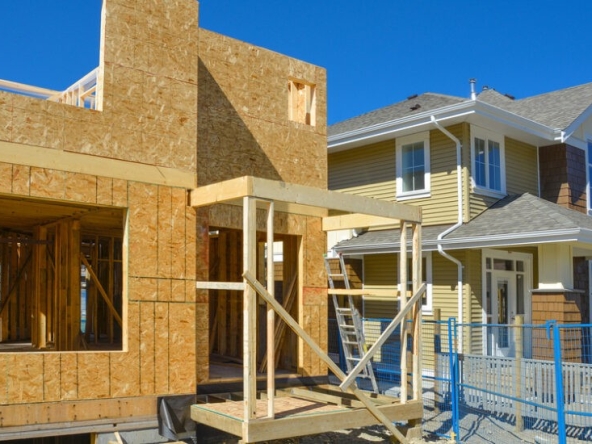Waterfront living appeals to homeowners at every stage of life.
- Buying waterfront property has some important intricacies that buyers should understand.
- Asking the right questions before you buy can help you avoid unpleasant surprises later on.
What to Ask When Buying Waterfront Property
Owning waterfront property is a dream for many people. Whether they’re into boating, fishing, skiing, or love the idea of waking to a beautiful view of sunrise over the water, a home on the waterfront calls to them like a siren song. However, like any other major purchase, you must do your homework to avoid disappointment and frustration later. If you’re looking for a waterfront paradise of your own, here are some questions to ask when you’re researching a property.
Questions to Ask When Buying Waterfront Property
Waterfront homes can present some unique challenges. While the water is the most significant draw for most buyers, it can sometimes be a barrier to construction and often comes with unanticipated expenses. Here are a few questions that can help you learn what you need to prepare for this major purchase.
Does the Waterfront Property Have Access to All the Utilities You Need?
Many buyers never think to ask about the availability of utilities. If you’re new to purchasing waterfront properties, you may not realize how difficult it is to bring these services to some areas. For example, suppose the property you’re considering is far off the beaten path in a rural area or up on a mountain. In that case, it may cost more to bring water, electricity, natural gas, cable television, or internet access to that area. In specific locations, some services may not be available at all.
What to Expect for Maintenance Costs With Waterfront Properties
Structures that sit close to water, whether it’s the ocean, a lake, or a river, can wear down faster than other properties. Ask the seller or the seller’s agent for historical records related to the annual cost of maintaining the property. You can anticipate more external issues in wet environments, such as roof damage, pipe leaks, and damaged siding. These things wear out more quickly with a waterfront property. Even if you get a great deal on the house, unreasonable maintenance expenses may be a reason to keep looking.
Is Buying a Waterfront Property a Good Investment?
As locations go, a property that sits along the water has some advantages. Because they are almost always in high demand, waterfront properties are generally excellent investments. However, a few situations pose an exception to the rule. If the property carries a higher risk of flooding than other waterfront properties, or if it’s in danger from another kind of natural disaster, you may want to keep looking. For example, waterfront property on a lake is more consistently safe than a house along a river or the ocean because it’s less likely to flood or get destroyed by a hurricane.
Will a Waterfront Home Work for Your Lifestyle Needs?
Life on the waterfront can be fantastic for people at every stage of life. For newlyweds, young families, or retirees, a waterfront property can be a wise decision. However, only you can decide whether it’s right for you at this time. Here are a few things to ask yourself before you buy.
- Consider how and where you spend most of your time. Is the waterfront property convenient to those locations?
- Do you have the time to enjoy the water the way you want?
- Are you prepared for the commute if you travel to a job, school, or another location every day?
Where Can I Learn More?
If you’re looking for a waterfront home in the Richmond, Virginia, area, contact us today to see what’s available at Chesdin Landing. This premier community offers access to lake living, golf, fishing, and water sports. We have lots and homes for families as well as a designated 55+ community. Visit us for a tour!





